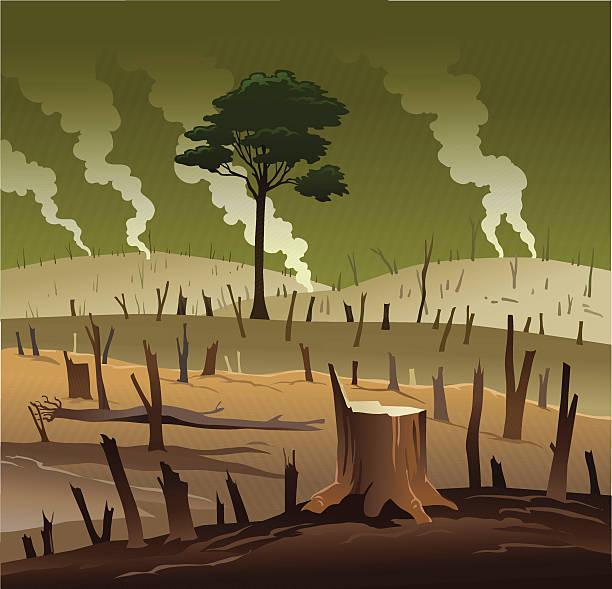THE FUTURE OF THE MOTHER EARTH
Posted 2024-06-26 09:18:35

Most Recent
Top Comments
Record
Recording 00:00
Commenting has been turned off for this post.
- Aarush Sharma#GROW MORE PLANTS#GROW MORE PLANTS
- Like
- Reply
- 2024-06-26 09:19:20
-
Categories
- Sustainability
- Home
- Wellness
- Theater
- Sports
- Shopping
- Religion
- Party
- Other
- Networking
- Music
- Literature
- Art
- Health
- Gardening
- Games
- Food
- Fitness
- Film
- Drinks
- Dance
- Crafts
- Causes
Read More
Has slavery really been abolished?
Animal enslavement
Slavery does not just suggest the imprisonment and ownership of human beings...
My hobby
Some people enjoy reading novels, dancing, cooking, singing, drawing or painting, playing outdoor...
"Save Water, Save the Planet: Practical Strategies for Everyone"
Water is one of our most precious resources, essential to life on Earth. Yet, despite its...
Benefits of gardening
**The Joy of Gardening: Cultivating Life and Happiness**
Gardening is a timeless hobby that...
Playing for a Better World: How Games Contribute to Sustainable Development
Introduction: Hello, Go Sharpener Community! 🎮🌍
Games are not just for fun—they can be...
×
Your daily access limit has been reached. Please try again tomorrow.
© 2026 GoSharpener Pvt.Ltd.
Refund and Cancellation policy - We do not entertain any refunds and cancellation
Refund and Cancellation policy - We do not entertain any refunds and cancellation
